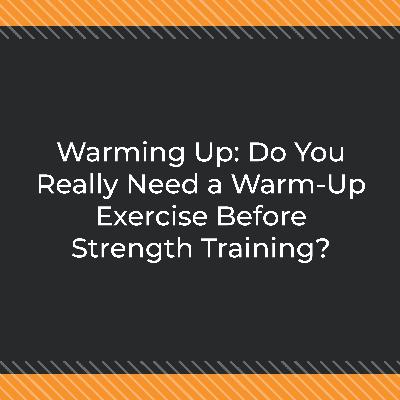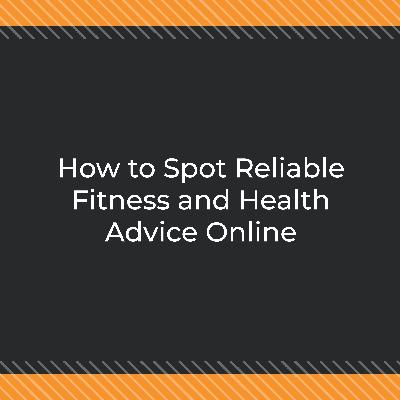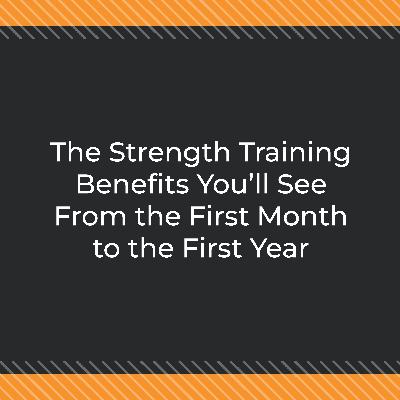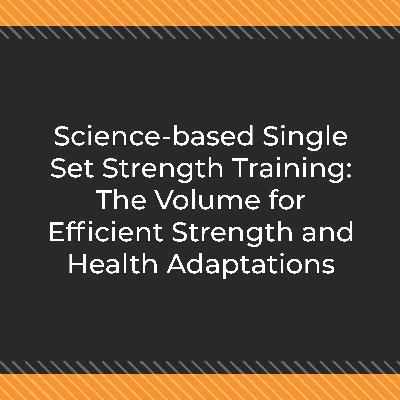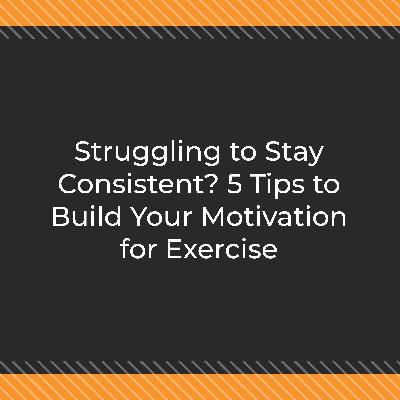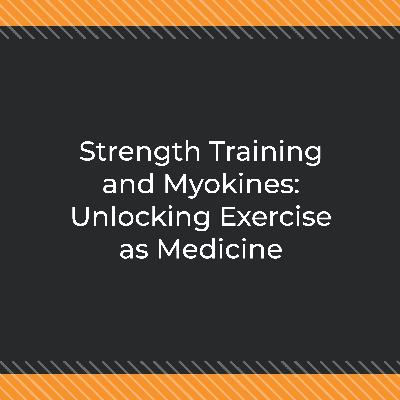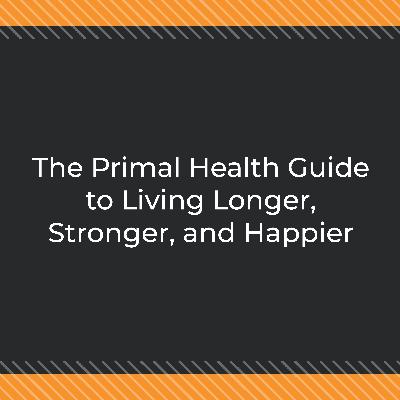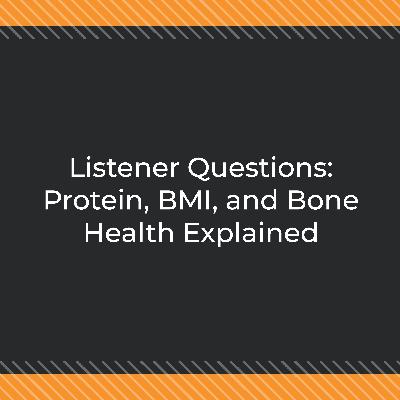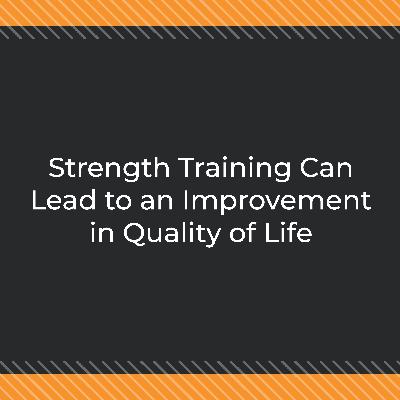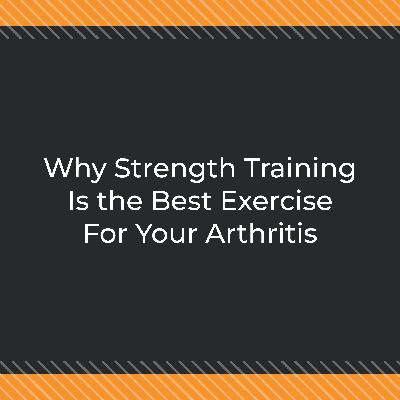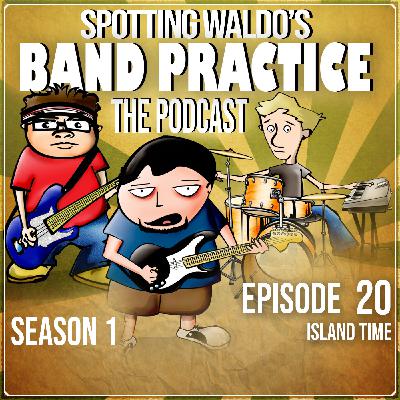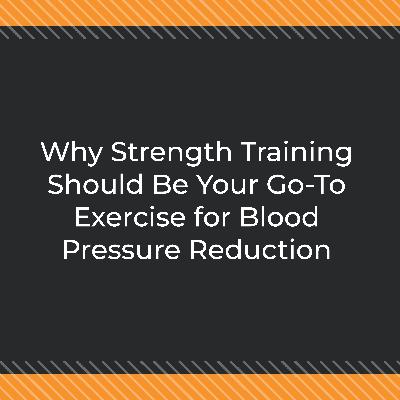The Science of Strength: Brian Cygan Interviews James Fisher, PhD - Part 1
Description
Join us for this replay from the archives to learn more about the science of strength and how it may affect your fitness plans and goals...
Brian Cygan and Dr. James Fisher break down the science of strength and discuss what the proper level of resistance during training is, the threshold for the effort that you need to achieve to see results, and why some exercises are best avoided if you want to see optimal fitness benefits.
- Fisher is an exercise scientist in the UK and was a personal trainer for a number of years before becoming a researcher. His area of research was mainly lower back pain and lower back strength and has recently been looking into the perceptual responses to resistance training.
- He advocates a framework of evidence-based resistance training. One of the first papers published was focused on guiding trainers and trainees on what the research supports and how to exercise the most effectively.
- In total, Dr. Fisher, in collaboration with researchers from around the world, has published over 100 papers. The part he enjoys the most is the fact that once one paper is published, the research always raises new questions to explore.
- There is a mountain of evidence that supports the health benefits of resistance training. Ultimately, all the benefits combine and stronger people have a reduced risk of all-cause mortality. In layman's terms, the stronger you are, the harder you are to kill.
- The goal of most people with resistance exercise is to have a biological age that is lower than your chronological age. We want to live longer and be able to function as if we were much younger.
- Resistance training resets the biological clock, sometimes by decades. Studies on older males using resistance training showed they had similar cellular characteristics as men in their 20's.
- The first thing you need to understand is that the key is the tension of the muscle doing the work, not just moving an external load. The evidence supports the finding that effort is key, which is where most people go wrong as they fear the hard work. Whole effort is one of the guiding principles of the Exercise Coach.
- The intensity of effort really matters to trigger the results we are looking for from exercise. There is also a threshold of a near maximal effort to trigger a response from the body.
- If people are working at a lower intensity, the volume becomes a key factor. If we train to a higher level of effort, the volume becomes unnecessary.
- For the average person, optimal results can be achieved with two 30 minute-or-less workouts per week. For bodybuilders, there are some questions around doing more training in order to maximize muscle growth, but for most people, they want the functionality of strength and not an increase in size.
- To get a whole body benefit, the minimum dose of training performed is only three exercises: an upper body pressing exercise (bench press), an upper body pulling exercise (seated row), and a lower body pressing exercise (leg press). Those can be complemented with additional multi-joint movements for other areas of the body that need work.
- Even under lockdown, people can see positive benefits from doing simple exercises like pushups and lunges.
- Squats are a unique exercise because it has a high degree of coordination and skill. You can become "stronger" at the squat without really seeing results in other areas because you are just becoming better at moving the weight up and down. This is why the leg press is a more beneficial lower body pressing exercise.
Link:
This podcast and blog are provided to you for entertainment and informational purposes only. By accessing either, you agree that neither constitute medical advice nor should they be substituted for professional medical advice or care. Use of this podcast or blog to treat any medical condition is strictly prohibited. Consult your physician for any medical condition you may be having. In no event will any podcast or blog hosts, guests, or contributors, Exercise Coach USA, LLC, Gymbot LLC, any subsidiaries or affiliates of same, or any of their respective directors, officers, employees, or agents, be responsible for any injury, loss, or damage to you or others due to any podcast or blog content.





